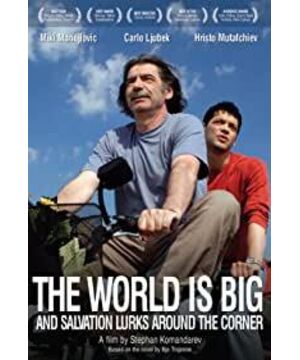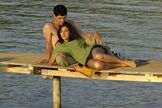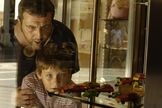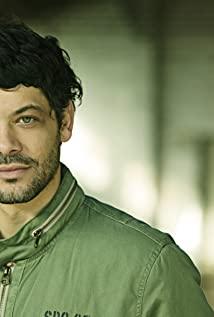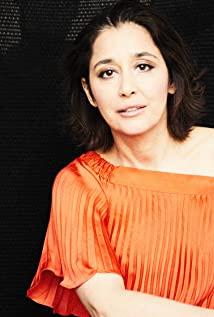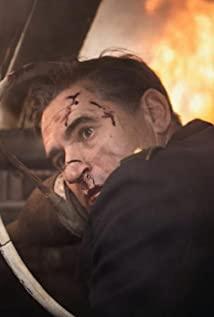My favorite, Kieslowski, has always met politics in the movies of his life, but he often turns away from it. And this seems to be a consistent law of Eastern European films: it cannot be separated from politics, but it has never been mere trumpet or suona. This is my favorite movie, my favorite land, the noble soul in the barren land. I have been looking for such nobility for a long time, and finally I met again at the corner of the world.
Chi Li is not a writer I like. She has hardly written any novels that I like, but she has portrayed a character I like: Zeng Fentian's not-so-inked image is like a myth to me. In the age when myths were born, what we honestly faced was ideals, not politics, beliefs, not camps. And in the wonderful corner of Bulgaria, I once again saw such a heartbreaking old man, such a hero who has long been longing for in the weak heart of the nation, like myths and legends. Such a hero has nothing to do with time or even the political gloom at the center of the vortex at that time, but stands straight in the deepest part of the ancient nation, never yielding, and always optimistic.
After some years of imaginary growth, I began to believe in what a powerful force optimism is. If you dare to change Yeats’s famous verse, I love your youthful smile, and even more for your grim smile after being devastated. We have lost such optimism for so long that we can only cross a generation to snuggle up to grandpa with white sideburns.
Another Eastern European movie I like very much, "Return", once made me cry in the movie review class. As a former king who could almost dominate the world, Russia has been unable to stop remembering and reflecting on the past for decades. If anyone does not miss the Soviet Union, he has no conscience; if anyone wants to return to the Soviet Union, he has no brains. With full of enthusiasm and fear, the children in "Return" walk across the land without a father, looking for a tall and violent "father", but only reap all the pain about history and reality. In contrast, Alexander was so lucky.
How lucky, the scarred Bulgaria has never been a king, how lucky, Bulgaria’s grandfather used a box of backgammon to connect the broken history, how lucky, the young Alexander, riding a co-drive, indulging in singing and drinking, really returned. The gray-haired grandmother hugged the grandson who had returned home. She had just lost her son and daughter, but finally regained hope.
I still feel vaguely sad, for the dead children, for the time of the gunpowder, but I would like to regard it as an allegory of love, an allegory of hope. One of the most beautiful root-seeking stories can promise people the strongest future.
View more about The World is Big and Salvation Lurks Around the Corner reviews


